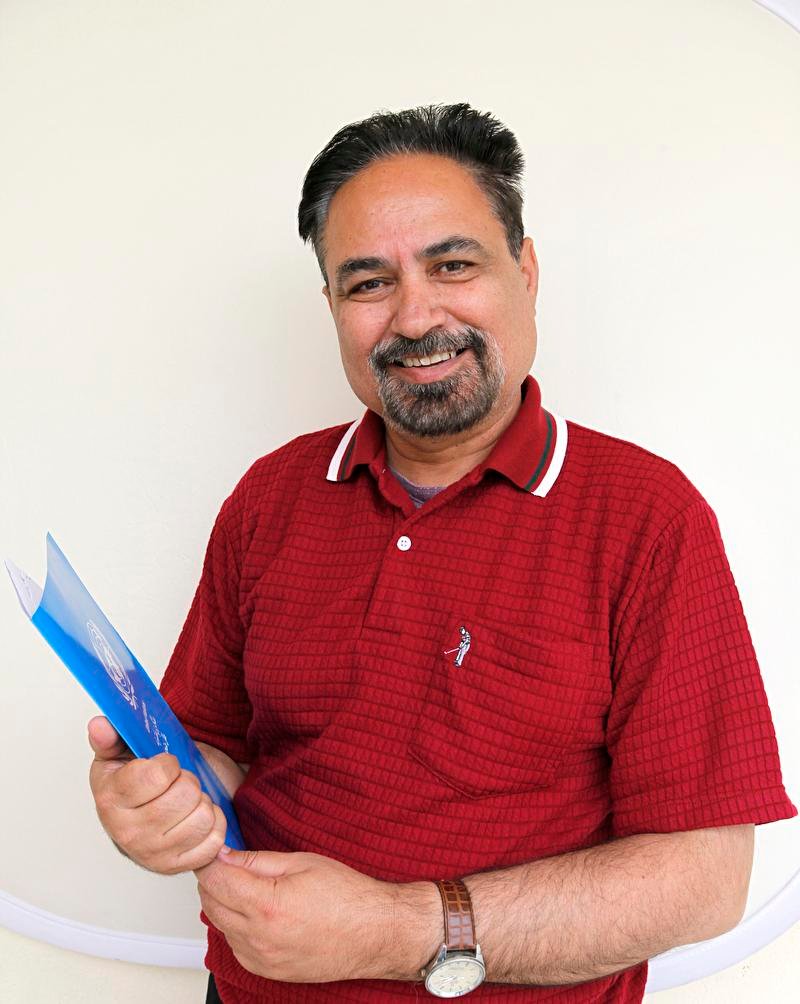The Vanishing of Subhash Bose by Rajesh Talwar

It doesn’t really matter that the State Government files are now declassified because the possibility of finding something of value there, in the context of Netaji’s disappearance are minimal. It is also more or less certain that what was truly of value has already been destroyed insofar as the files in the custody of the government are concerned. Netaji was under surveillance for years before his eventual disappearance and it is likely that most of the files deal with his India period before he escaped under the very nose of the British, or with a period that was much before his eventual disappearance. They may therefore shed little light on what happened to him.

The great thinker Renan writes in a famous essay that part of nationhood involves a forgetting of the past. Historically, there was at one time fierce fighting between the north and south of France, but subsequently all of that was forgotten, and France was one. Renan writes eloquently on how in his view: ‘Forgetting, I would even say historical error, is an essential factor in the creation of a nation, and it is for this reason that the progress of historical studies often poses a threat to nationality.’11 Similar reasoning resonated with Gandhi who thought that the brutal treatment meted out to Hindus by Islamic invaders such as Mahmud of Ghazni and Mohammad Ghori were best forgotten. In other words, to use the old English idiom, ‘Let bygones be bygones.’ Gandhi and Renan were both right that forgetting is something good for a Nation, but that logic does not apply in the context of what happened to Subhash Bose. As a nation we should remember Bose and the thousands of Indian National Army (INA) fighters who sacrificed their careers, families and even gave their lives for the freedom of the country. The history which is taught in schools across India only fleetingly dwells on how thousands of INA soldiers died fighting the British in Burma and the North East, if they do even that. There is no contradiction in school children taking pride in the ‘ahimsa’ preached by Gandhi as well as the not-so-nonviolent fighting spirit of many Indian heroes. We do not have to hark back to Hindu or Muslim heroes of the pre-British past to take pride in Indian manhood. We have equally poignant tales in the more recent past of idealistic and matchless heroism in which Hindus and Muslims fought shoulder to shoulder. It is not my intention to denigrate Nehru in this book, but I do wish for India to properly honour Netaji for himself and as the representative of thousands of diehard patriots in the INA who suffered, sacrificed and died fighting for Indian independence.
The material that follows has the potential to touch a dangerous nerve among the Indian political fraternity. Publishers are known the world over for their cowardice. Indian publishers are no exception and would not wish to antagonize one of the most powerful families in the country. Even a relatively harmless book, a biography of Sonia Gandhi by the French writer Javier Moro was not available in bookstores till recently. Even now, the Nehru-Gandhi family may be currently out of power, but they can conceivably make a comeback in the next parliamentary elections if the present government fails to deliver.
Historians in India from the right or the left, even as they oppose colonialism have often viewed Subhash Bose and the INA thorough that very same colonial lens. We, the people of India have the power to change the way the history of our struggle for independence from the British has been written till now. If we exercise that morally right choice, we will change India’s view of itself, and its place in the world, past, present and future.

